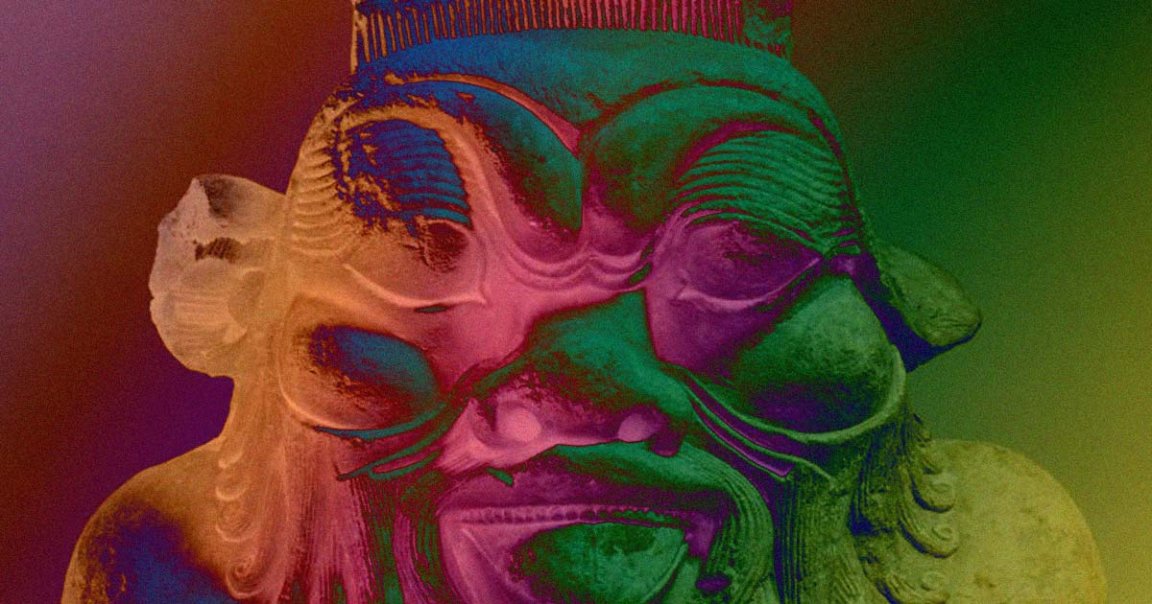
Bes Up
A team of researchers from the University of South Florida has discovered the first-ever physical evidence that ancient Egyptians got messed up on rowdy cocktails of hallucinogenic drugs.
The findings add evidence to centuries-old myths surrounding the rituals and practices of ancient Egyptians, whose empire lasted from around five thousand years ago until shortly into the common era.
The team examined an ancient Egyptian “Bes” mug, which was donated to the Tampa Museum of Art in 1984. These mugs are decorated with the head of Bes, the ancient Egyptian god associated with protection, fertility, healing, and magical purification.
As detailed in their paper published in the journal Scientific Reports, the researchers identified the remains of psychoactive compounds while closely examining the interior of the mug.
“There’s no research out there that has ever found what we found in this study,” said study lead and University of South Florida anthropology professor Davide Tanasi in a statement. “For the first time, we were able to identify all the chemical signatures of the components of the liquid concoction contained in the Tampa Museum of Art’s Bes mug, including the plants used by Egyptians, all of which have psychotropic and medicinal properties.”
Ancient Jungle Juice
It’s a fascinating new wrinkle in a mystery that has been puzzling scientists.
“For a very long time now, Egyptologists have been speculating what mugs with the head of Bes could have been used for, and for what kind of beverage, like sacred water, milk, wine or beer,” said Tampa Museum of Art curator Branko van Oppen in a statement. “Experts did not know if these mugs were used in daily life, for religious purposes or in magic rituals.”
Tanasi and his colleagues used advanced chemical and DNA analyses on samples carefully scraped from the mug’s inner walls.
They found the mug once held an astonishing “cocktail of psychedelic drugs, bodily fluids, and alcohol” in possible evidence of a magical ritual reenactment, Tanasi posited.
Some of the hallucinogenic sources include wild rue and a water lily known to have been grown by ancient Egyptians, both of which were “traditionally proven to have psychotropic and medicinal properties,” according to the paper.
“Egyptologists believe that people visited the so-called Bes Chambers at Saqqara when they wished to confirm a successful pregnancy because pregnancies in the ancient world were fraught with dangers,” Van Oppen explained. “So, this combination of ingredients may have been used in a dream-vision inducing magic ritual within the context of this dangerous period of childbirth.”
More on ancient Egypt: Scientists Find Evidence of Advanced Technology Used to Build Egyptian Pyramid